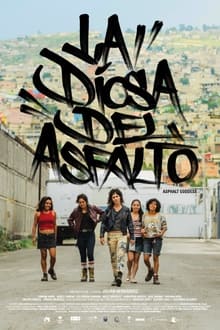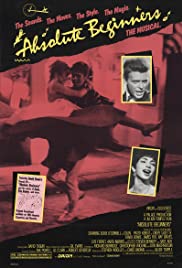
A musical adaptation of Colin MacInnes’ novel about life in late 1950s London. Nineteen-year-old photographer Colin is hopelessly in love with model Crepe Suzette, but her relationships are strictly connected with her progress in the fashion world. So Colin gets involved with a pop promoter and tries to crack the big time. Meanwhile, racial tension is brewing in Colin’s Notting Hill housing estate…
You May Also Like
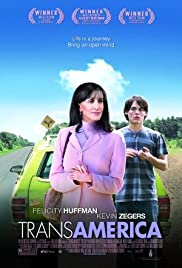
Bree is about to get a sex change operation that will finally allow her to actually be what she’s already been in her mind for a long time: a transitioned woman. Yet before this happens she suddenly runs into her son who ends up coming for the trip across the United States.

A doll living in ‘Barbieland’ is expelled for not being perfect enough and sets off on an adventure in the real world. A Live-action feature film based on the popular line of Barbie toys.

The true story of the 19th century Belgian priest, Father Damien, who volunteered to go to the island of Molokai, to console and care for the lepers.

Follows the story of a fair and loved bully.

Larsen, an aspiring poet in ’20s Oslo, leaves his girlfriend to spend a year as a trapper in East Greenland. There he is teamed with a seemingly rough old sailor/trapper, Randbæk, and a scientist, Holm. Trapped in a tiny hut together as the Arctic winter sets in, a complex and intense love/hate relationship develops between Randbæk and Larsen, who are more similar than either would like to admit. A powerful psychological and physical drama set against stunningly bleak Arctic scenery.
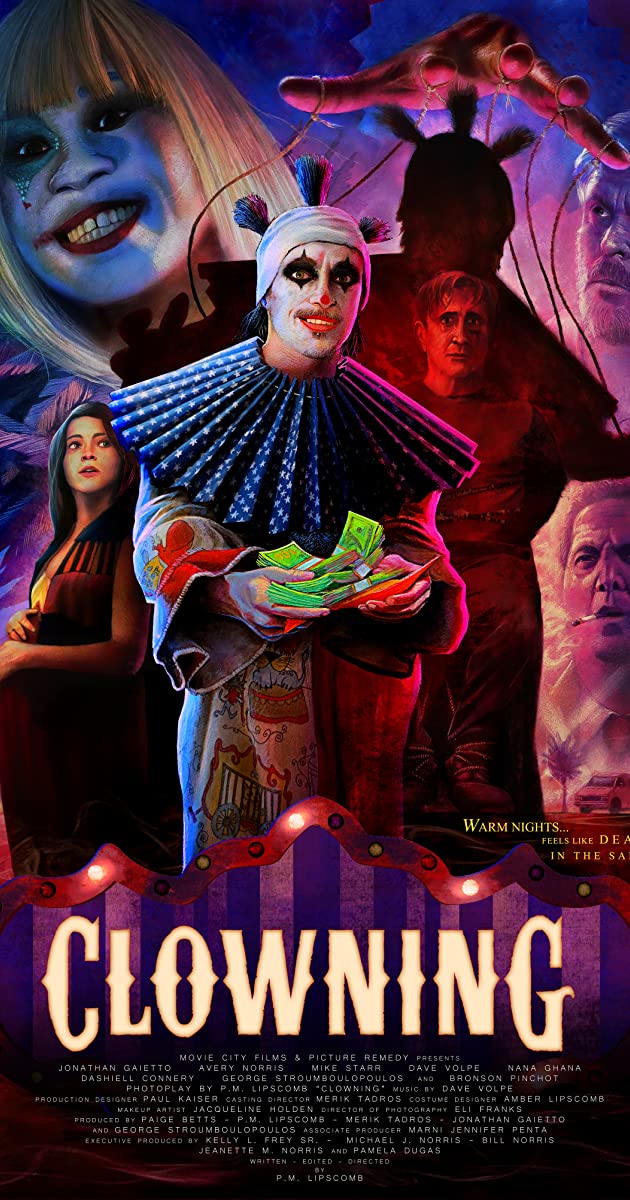
With his girlfriend pregnant, Dante, a pacifist hippie who makes lip balm called, Mama Earth; is struggling to keep his bills paid. After finding a mysterious flyer for a Birthday Clown Wanted, Dante calls the number and obtains the job. At the Birthday Party he meets a female clown named, Pele. After joining her Pity Party, Dante is pulled into an underworld and quickly finds himself in over his head.

When Singapore surrendered to the Japanese in 1942 the Allied POWs, mostly British but including a few Americans, were incarcerated in Changi prison. This was a POW detention center like no other. There were no walls or barbed-wire fences for the simple reason that there was no place for the prisoners to escape to. Included among the prisoners is the American Cpl. King, a wheeler dealer who has managed to established a pretty good life for himself in the camp. While most of the prisoners are near starvation and have uniforms that are in tatters, King eats well and and has crisp clean clothes to wear every day. His nemesis is Lt. Robin Grey, the camp Provost who attempts to keep good order and discipline. He knows that King is breaking camp rules by bartering with the Japanese but can’t quite get the evidence he needs to stop him. King soon forms a friendship with Lt. Peter Marlowe an upper class British officer who is fascinated with King’s élan and no rules approach to life…
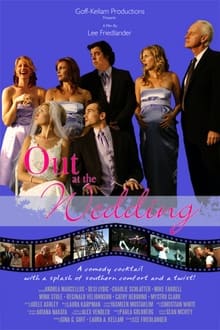
After telling her fiancé, Dana, that her entire family is dead, Manhattanite Alex whisks off to her childhood home in South Carolina to serve as bridesmaid at her high-maintenance, estranged sister Jeannie’s wedding. As she tries not to steal Jeannie’s thunder by telling her family that a) she’s engaged, and b) the man she’s going to marry is a Jewish African American, things get a little mixed up.

In a small Turkish town, two young tuberculous poets try to survive while publishing their poems. As they both fall in love, their life would never be the same.
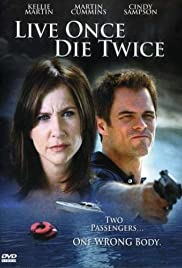
Nicole Lauker unexpectedly loses her husband to a boating explosion accident that claims the lives of two people. An FBI investigation sparks speculation that it may not have been an accident after all.
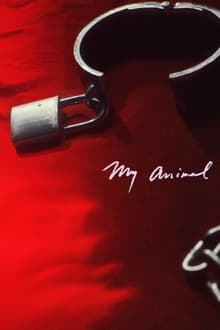
Heather, an outcast teenage goalie in a small northern town, falls for newcomer Jonny, an alluring but tormented figure skater. As their relationship deepens, Heather’s growing desires clash with her darkest secret, forcing her to control the animal within.
